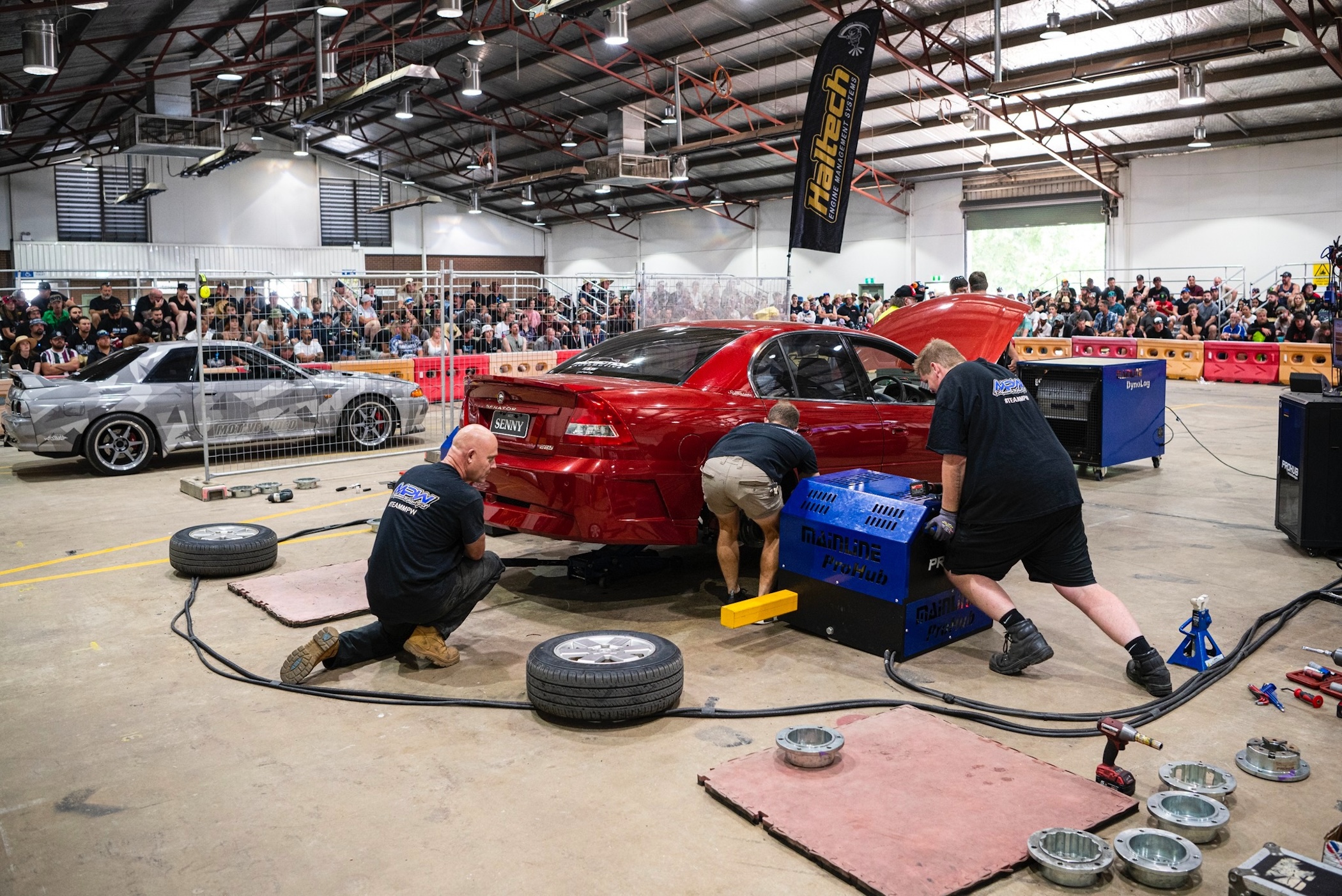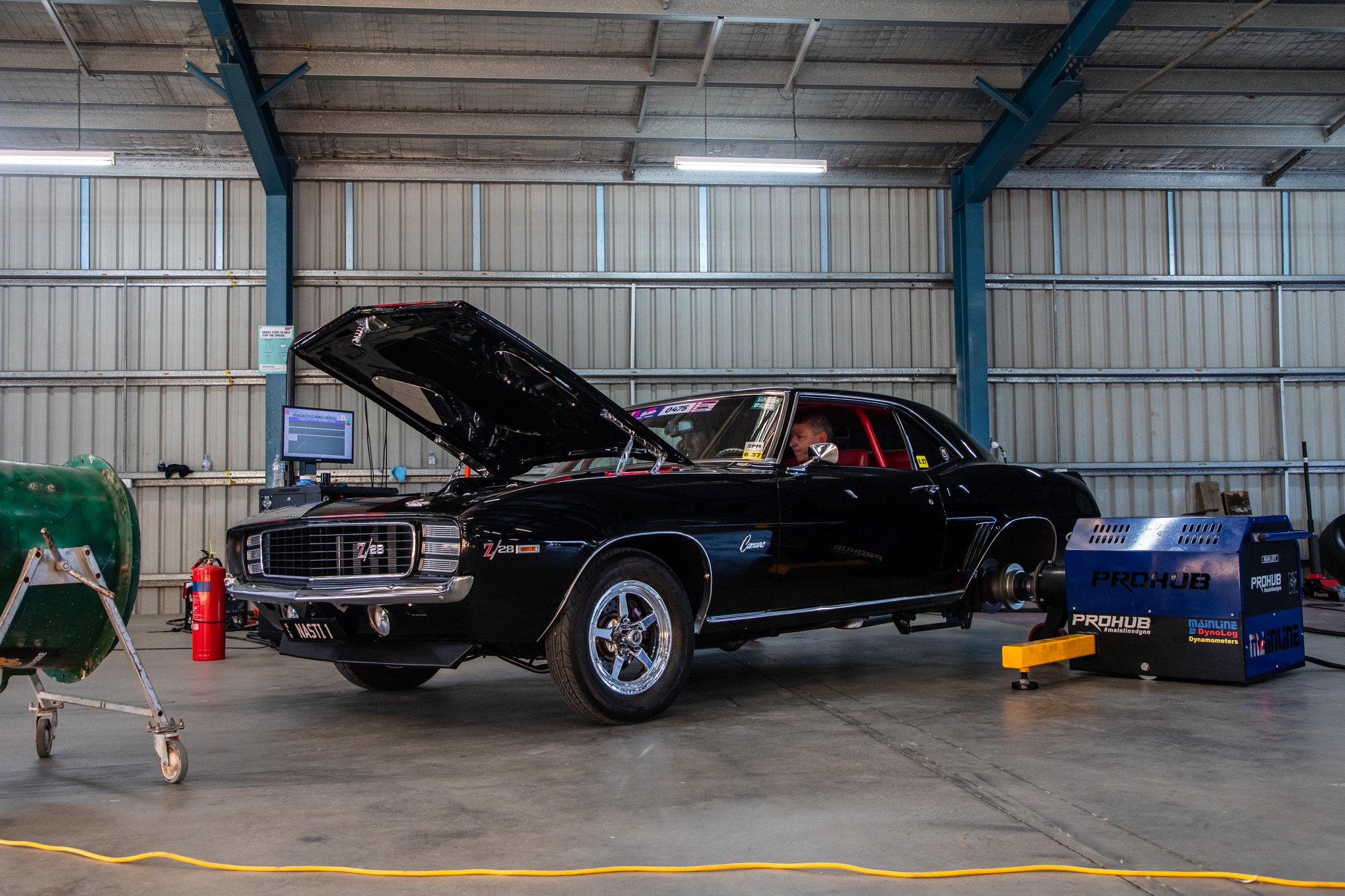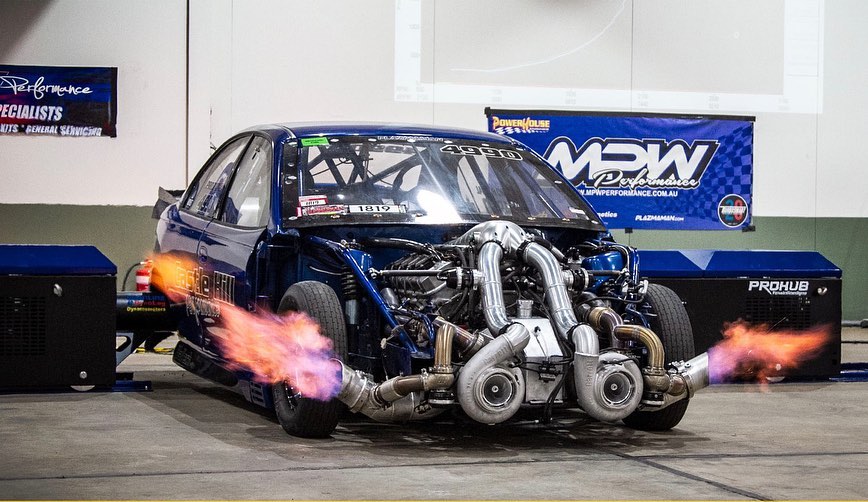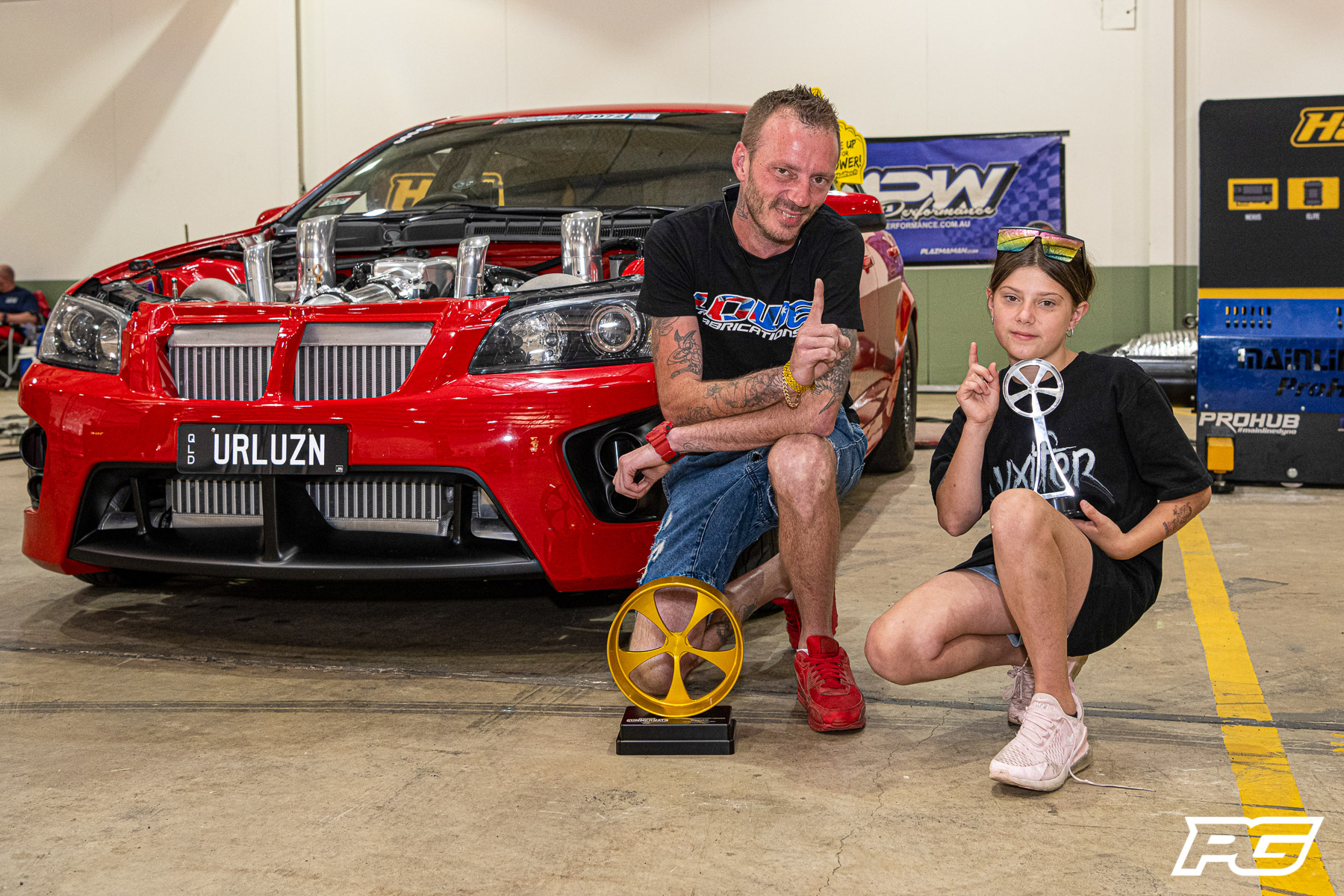How Long Until Artificial Intelligence Is Tuning Performance Cars?

It seems with every passing day there’s another industry that’s under threat of being decimated by Artificial Intelligence (A.I). Its many and varied applications will no doubt cause a massive shift in the way we work in the next decade, and the list of time-saving applications rivals that of its moral ambiguity - that is, there’s as many people ‘why’ as there are ‘why not?’ when it comes to A.I’s assimilation into our lives.
And in an effort to deflect from the fact that A.I will ultimately one day take my job of creating entertaining and engaging content for auto enthusiasts, I’ve been given reason to think about who else might be joining me at the end of the queue of A.I-induced redundancies.
A.I’s speciality is scrubbing mountains of data in a split second and using that data to make logical decisions, so it got me wondering if we’ll ever see A.I plugged into a dyno, tuning cars in a performance application?

For answers, we turned to Haltech’s Chief Marketing Officer, Richard Shumack for answers.
“We’ve got a form of self-learning that’s been available in our computers for around ten years, but it’s mathematics-based rather than Artificial Intelligence, like people define it currently - it takes feedback from sensors and inputs like an air-fuel ratio for example and will make tweaks to get it to a predefined value, but I wouldn't consider that A.I,” he muses.
“[As far as A.I performance tuning is concerned] it’s not something we’re working on currently. At first we probably won’t see it tuning, it’ll more likely pop up in a support role helping customers discover parts that are compatible with their vehicles,” he elaborates.

Anyone who’s used an A.I text or art generator knows that the results can swing wildly, from so good that they make you question the future of your job, to breathtakingly bad, and Richard points out that when it comes to high performance tuning applications there’s no room for such a huge margin between success and failure.
“If you’re tuning a 4,000hp engine there’s a lot at stake - we’re not talking about getting a conversion in a recipe wrong, there’s too much liability at the moment to let A.I take the reins. Of course, it’ll get better, but it’s not there yet.”
He points out that A.I’s speciality is scouring existing knowledge bases and providing the most plausible answer, which during the learning phase, would mean it would have to absorb as much existing tuning data as possible. “If you had 1,000 heads-and-cam LS engine tunes in the Cloud for it to scour through it could probably turn you out a relatively safe base map that’s 80-85% of the way there, but again, that’s not dissimilar to math-based formulas that exist in Haltech products right now. You can use most Haltech ECUs to develop a base map by entering values like the amount of cylinders, engine capacity, transmission, ignition trigger type, fuel and injector sizing,” adds Richard.

However, as he points out, taking data from existing tuners doesn’t guarantee we’ll be arming A.I with everything it needs for success. “There’s a wild variety of tuning skills in the aftermarket - some who operate at a very high level, and some guys who have come up that are basically self-taught, so you’ve got to wonder how many bad habits are ingrained into the latter.”
There’s a benefit to the addition of technology - be it relying on the sophistication of modern engine management, or computer-based tuning - and that’s the speed at which the machines can process data. “I work with some of the best tuners in the world here at Haltech, and even watching them on the dyno, the safety parameters that they’ve defined will pick things up on a dyno pull before the tuner can, and split second decisions like that can save an engine,” he affirms.
Ultimately, A.I tuning will depend largely on the quality of the input - both the data it can learn from, and the quality of the prompt its human operator can give it. It’s not far-fetched to imagine this technology existing in the mass-market in five to ten years time, but for the meanwhile it’ll remain in the dominion of speculation.
Comments
No posts found










